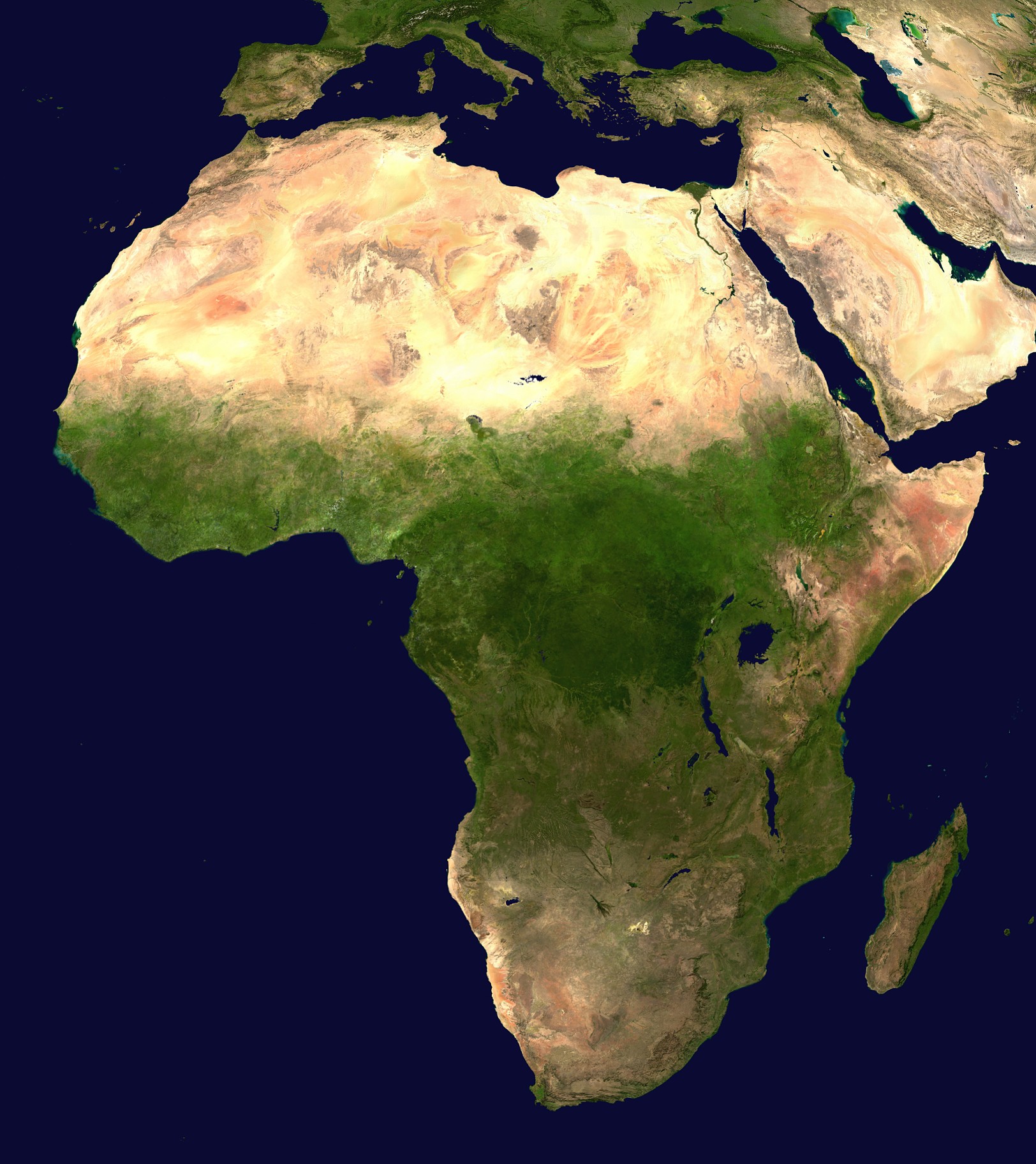In many ways, the Rio Conference should not be interpreted as a single event that could be assessed in terms of success or failure - W.M. Adams, Green Development, 1995 - Chap 4. Sustainable development: the Rio machine
It is 7 weeks since the UN’s Rio+20 “Earth Summit” in Brazil and now
that the dust kicked up by so much anger and disappointment has settled, it
might be easier to see the way forward.
With so many conflicting interests and so much at stake, UN secretary-general
Ban Ki-moon was careful to point out in his opening address on June 20 that
summits were not an “end” but a “process”. This echoes the words of Maurice
Strong, UN secretary-general to the first Rio summit which, today’s critics of
Rio+20 forget, was also a great disappointment at the time and only became a
‘milestone’ when looking back on what was achieved after the summit through
hard work, cooperation and careful negotiation.
What is clear is that the “Rio Process” must be accelerated rapidly if
we are to avoid creating the perfect storm of converging crises in water, food and energy estimated to hit the
planet by the time of Rio+40. There are a number of reasons why Africa can and
must play a central role in this process.
Of the world’s habitable continents Africa contains the greatest
underdeveloped ecological, mineral and human resources. Africa is also rising,
the new growth engine with the potential to add an estimated $3 trillion to the
global economy over the next decade. How Africa’s resources are developed, what
Africans produce and what they consume during their rise will greatly influence the
rate at which the Rio Process accelerates.
In the 20 years since the first Rio Summit, Africa has been building
green foundations on the wreckage of the unsustainable, post-colonial
development model. In the past 5 years these foundations, based on
environmental, social and institutional reforms, have not only enabled Africa’s
economies to take off but with tremendous green growth potential.
Ethiopia’s prime minister, Meles Zenawi, calls Africa “a green field for
investment because it is the least developed region on earth.” With the rest of
the world on unsustainable growth paths and also slowing down, Africa’s lack of
high carbon, resource-intensive, ecologically degrading and socially divisive
‘brown’ development can now be Africa’s advantage. What has been called the greatest
imbalance on earth now has a pivotal role in the great rebalancing.
Africa’s “Least Developed” status combined with its green credentials
and huge growth prospects makes it easier to work on the main achievements,
agreements and innovations of Rio+20: the green economy, green accounting,
sustainable development goals, institutional reform, private sector involvement
and public-private partnerships. At the summit Africa was also the only
continent speaking with one voice.
Africa’s Consensus Statement to Rio+20, the culmination of 20 years’
work but virtually ignored by non-Africans, is the document which says what
Africa needs and what Africa can provide to accelerate the Rio Process. Item
24, for instance, calls on the international community, “to put an international investment strategy into
place to facilitate the transition towards a green economy.” This call
highlights an opportunity for Africa.
Instead of
waiting for the international community, preoccupied as it is with multiple
crises, to deliver a meaningful green investment strategy on time, Africa is
well qualified and in a strong position to propose strategies and plans of its
own that would reveal a wide range of green investment opportunities in: existing
green economic success stories; greening the existing
brown economy; reinventing and
greening abandoned and forgotten projects; formalising and greening informal
markets; redirecting brown
investments towards the green economy; greening aid, and exploring green
investment opportunities for the future. The Rio+20 summit has prepared the way
for Africa to take the lead.
Since 1992
the tools and technologies to fulfill the aspirations of Agenda 21 in Africa have been developed. The
knowledge, information and skills are there. The multi-disciplines are already
active. The frameworks are taking shape. Business is ready to make it happen and governments
are preparing the way. There are trillions of global dollars sitting idle
looking for balance and growth. Investors are saying, “Where can I
invest?”
Critics of
Rio+20 were also critical of the concurrent G20 summit in Mexico (18-19 June).
Yet the G20 produced a Leaders Declaration which has similar aspirations to
Rio’s outcome document - The Future We Want. In many places it uses the same
language and has the same goals. Ultimately it is the same process. What is needed is for G20
economists and Rio+20 ecologists to work with global multidisciplines from
public-private sectors on new systems to accelerate the journey towards a green
economy. With the right understanding Africa is the place where the journey can
be easier, cheaper and faster.
If the
benefits of stimulating the Rio Process in Africa are not yet clear, the costs
of not doing so become clearer by the day. Despite Africa’s great promise, the
world’s most challenging continent remains the world’s most vulnerable to a
lengthening list of ‘hidden costs’ associated with the still-dominant brown
economy, or business-as-usual, including global economic volatility, climate
change, environmental degradation, biodiversity loss, inequality and
insecurity. The perfect storm of
converging crises is already hitting millions in Africa and threatens millions
more.
If the green field of Africa is
to be a sustainable engine for global growth the challenge is to keep it green. With food insecurity mounting year by
year a stimulus to accelerate the Rio Process in Africa is not only essential
and urgent but is in the best interests of us all. In the last 20 years Africa
has come far enough on a very rocky road for the late Wangari Maathai, one of
Africa’s great, green pioneers to say with confidence, “We know what to do: why don’t we do it?”

No comments:
Post a Comment